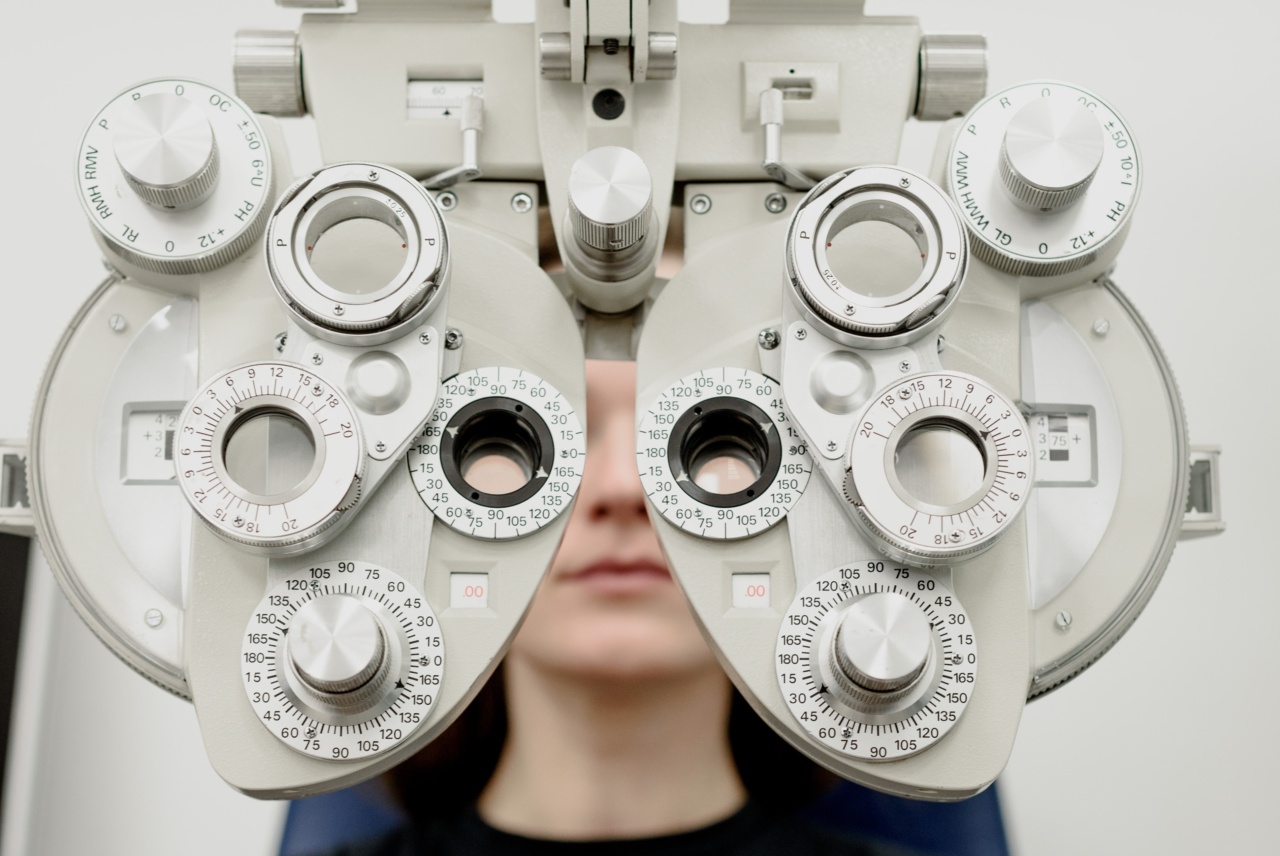Getting ready for a PAP test appointment can feel overwhelming, especially if it’s your first time. However, with a little preparation, you can make the process go smoothly and ensure accurate results.
Here are ten important things you need to do before your PAP test appointment:.
1. Understand the Purpose of a PAP Test
Before your appointment, it’s crucial to familiarize yourself with the purpose of a PAP test. A PAP test, also known as a PAP smear, is a screening tool used to detect any abnormalities in the cervix that may lead to cervical cancer.
It involves collecting cells from the cervix and examining them under a microscope.
2. Schedule the Appointment Wisely
Take a few moments to find a convenient time for your PAP test appointment. Avoid scheduling it during your menstrual period, as it can interfere with the accuracy of the test.
Ideally, aim for a time when you won’t be on your period and when you won’t feel rushed or stressed.
3. Avoid Douching
Prior to your PAP test appointment, it’s essential to avoid douching. Douching can disrupt the natural balance of bacteria in the vagina, potentially affecting the accuracy of the test results.
It’s generally best to forgo douching for at least two days before your appointment.
4. Avoid Sexual Intercourse
Refrain from engaging in sexual intercourse for at least 24 hours before your PAP test. Semen, lubricants, and other substances can interfere with the test results, making it harder for healthcare professionals to accurately interpret the findings.
5. Don’t Use Vaginal Medications
If you’ve been prescribed any vaginal medications, it’s advisable to avoid using them for at least 48 hours before your PAP test.
These medications can alter the appearance of cervical cells, making it difficult for the healthcare provider to make an accurate diagnosis.
6. Communicate Any Concerns
If you have any concerns or questions about the PAP test, don’t hesitate to communicate them with your healthcare provider. They can address your worries and provide you with the necessary information to ease your mind.
7. Inform About Your Medical History
Before the PAP test, inform your healthcare provider about any relevant medical history you have, such as previous abnormal PAP test results, sexually transmitted infections, or surgeries you have undergone.
This information will help them evaluate your risk factors accurately.
8. Dress Comfortably
When attending your PAP test appointment, wear loose, comfortable clothing. This will make it easier for you to undress from the waist down and provide better access for the healthcare provider.
Additionally, wearing comfortable clothing can help you feel more at ease during the examination.
9. Practice Relaxation Techniques
While waiting for your PAP test, it’s normal to feel nervous or anxious. Consider practicing relaxation techniques to help calm your mind and body.
Breathing exercises, meditation, or listening to soothing music can help you relax and make the experience more comfortable.
10. Prepare a List of Questions
Before you head to your PAP test appointment, prepare a list of any questions or concerns you may have. Take this opportunity to gather information about the procedure, potential risks, or any recommended follow-up steps.
Having a list will ensure that you don’t forget anything important during the appointment.
Conclusion
By following these ten steps, you can adequately prepare for your PAP test appointment. Remember, early detection is key in preventing and treating cervical cancer.
Your PAP test plays a vital role in your overall reproductive health, so it’s essential to approach the appointment with confidence and preparedness.































